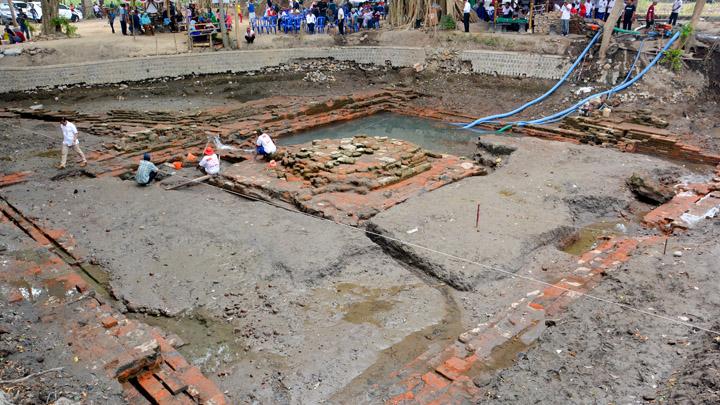
TEMPO.CO, Jakarta - "I learned of the news the first time from reading the website boombastis.com," said I Nengah Moneng, 65, Penglipuran village tourism chief. He invited Tempo to sip the loloh cemcem, a typical drink of Penglipuran that mixes sweet, sour and salty tastes.
He talked about his village's sudden popularity on social media after being named in February one of the three cleanest villages in the world, the other two being Giethoorn in the Netherlands and Mawlynnong in India. "I was surprised. I don't know what institute did the nomination," Moneng said.
The lobby of Moneng's house is full of photo frames, with one showing a picture of him with I Wayan Nyamod, a former bendesa (village chief) of the village. During the latter's tenure, the village received the Kalpataru Award on June 8, 1995 for preserving the village's bamboo arboretum.
The total size of the village is 112 hectares. It consists of 45 hectares of bamboo forest, nine hectares of settlements and 55 hectares of plantation land. Small huts with bamboo plates on their roof line, called the angkul-angkul, form the entrance way to the village. The special boulevard is now a known feature of the village that has grown to include 237 households, or around 1,000 residents.
Moneng said taking care of the cleanliness of the village had been a local habit since the olden days. "Our ancestors swiped the yard front to back twice a day," he added.
Cleanliness is indeed a priority in the village; not a single cigarette butt was visible on the street when Tempo visited. Ashtrays are readily available for smokers. From the village parking lot to its main street, bins for organic and non-organic trash abound.
The gutters in front of houses are likewise very clean. Household wastes, such as sewage, soapsuds and shampoo lather, drain into the septic tank in the backyard. At Penglipuran, the gutters are meant for rainwater only.
Moneng said since Penglipuran opened as a tourism destination in 1993, the village stationed special cleaning service personnel at certain areas. Specifically for the bamboo arboretum and the outer ringroad, the tourism management places two caretakers. Moneng planned to add the number of cleaning service personnel.
The atmosphere at Penglipuran is enjoyably eye-catching, because many decorating plants grow in every telajakan, the yard measuring 1.5 x 1.5 square meters located in front of each house. These yards contain at least eight kinds of flowers: hibiscus, rose, bougainvillea, lavender, sunflower, marigold and frangipani.
The main street of the village is closed to motorized vehicles, allowing a sense of calm to set in from the morning to the afternoon. Instead, what one hears is the residents' chitchat and the boisterousness of visitors. Motorbikes pass the main street during the night, but even that happens only in case of emergency. (*)
Read more inspiring Outreach stories in Tempo English Weekly News Magazine























